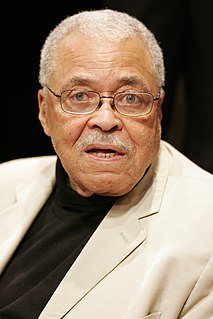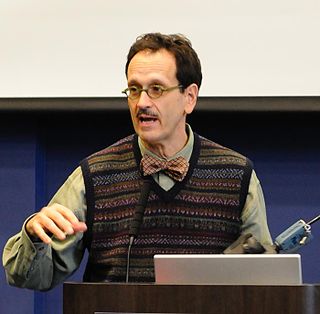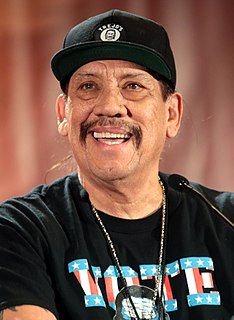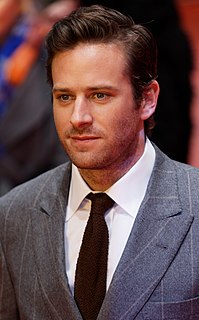A Quote by Zak Penn
One thing that is true in TV is that you do hire the directors. As the writer, it's very different than in features, where you feel like, "If I want this to be this way, I better direct it."
Related Quotes
The weirdest thing to me is that magazines would never do this for their writers. They would never hire a writer who writes for another magazine; they want to have their own stable of writers. Newsweek would never hire a TIME writer, and TIME would never hire a Newsweek writer - but they would both hire the same photographer to shoot a cover for them.
There is a variety of different kind of producers. I'm a very hands-on, creative producer. I find material that I think would make a good movie or TV show, find the right financier/studio/network, hire a writer, get a good script, find a director, and collaborate with him/her to cast the movie and hire department heads.
Being known as a writer did change the relationships I had with directors. The rap on actors is that they always want to inflate their parts. But when directors know you write screenplays and have a different view of things, you really get invited into the huddle in a much fuller way. And those collaborations end in friendships.
I just feel like TV takes more risks than film. Film has gotten very safe: it's very compartmentalized about what type of things will be successful. And whereas in TV, since all these new platforms opened, they're saying to writers, go out there, write the most different show that you can write. Write something that's really original and different.
Searching out directors you respect and that you can learn from that's always the dream. That's the goal. That's hopefully where this whole thing is leading, and what better way to learn about directing and learn about what works and what I like and what resonates me than by working with a bunch of great directors.
When I first started out, it was very, very difficult to even get in the room with directors or casting directors because they would see that I hadn't been to drama school and wouldn't want to see me. Now, I feel like it's changing. We have this new generation of a lot of writers, directors and actors who are just breaking through, and they're doing it for the passion.
When I write a project, it might be something that I want to do and then when I look at it, I'm actually like, "I kind of don't want to direct it." I don't know why, I still love it enough for it to be made and to support it, but I don't want to direct it. I just give it to other directors and they do a good job!






































